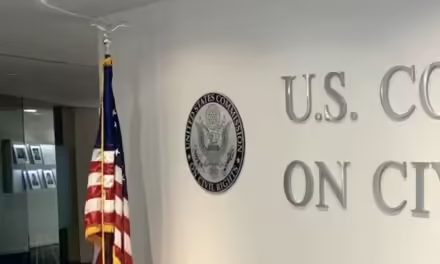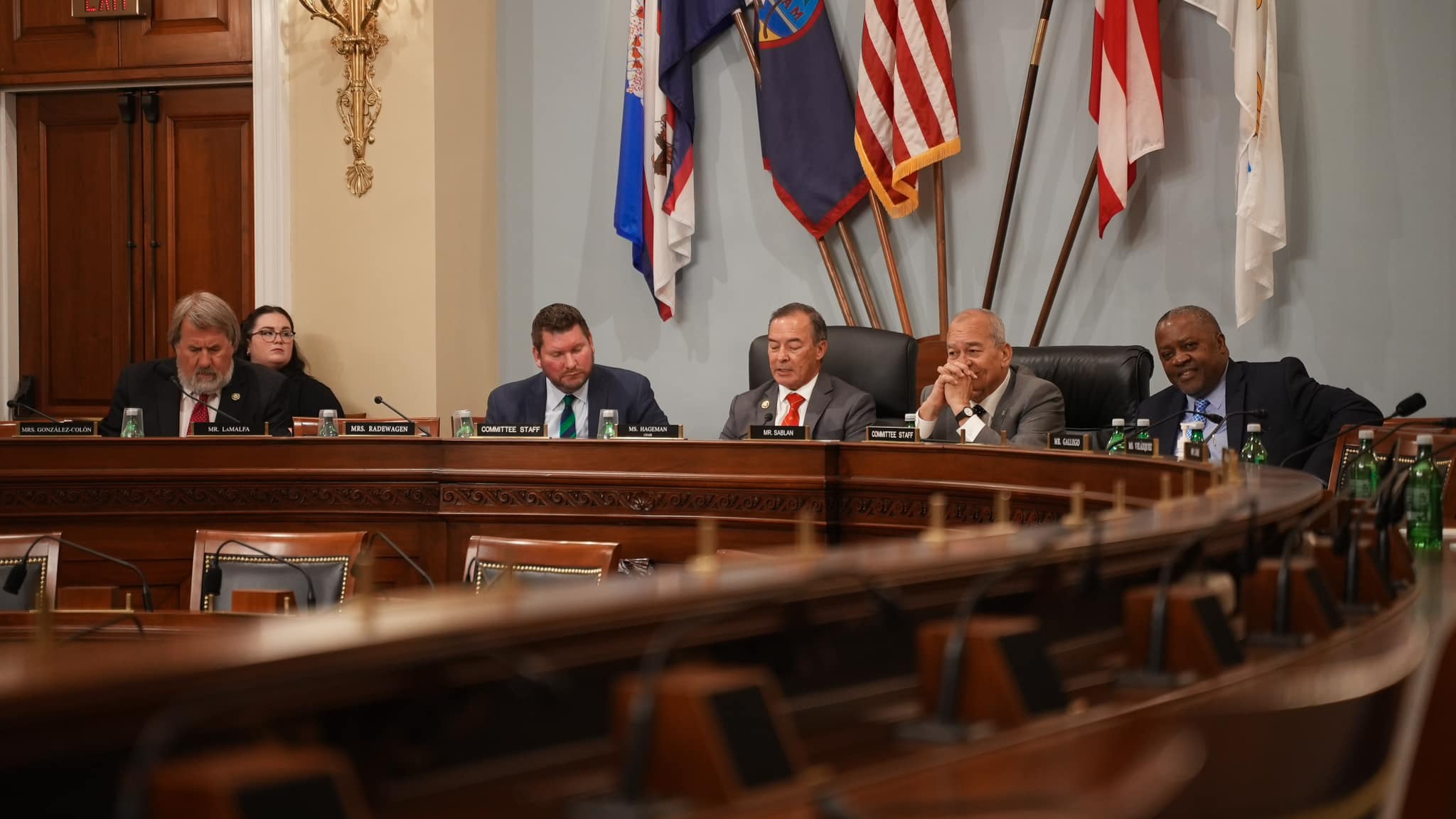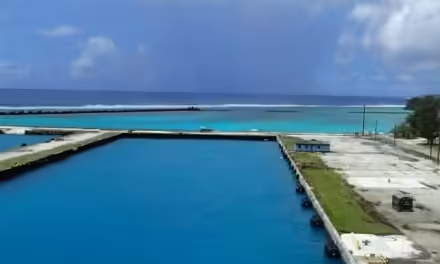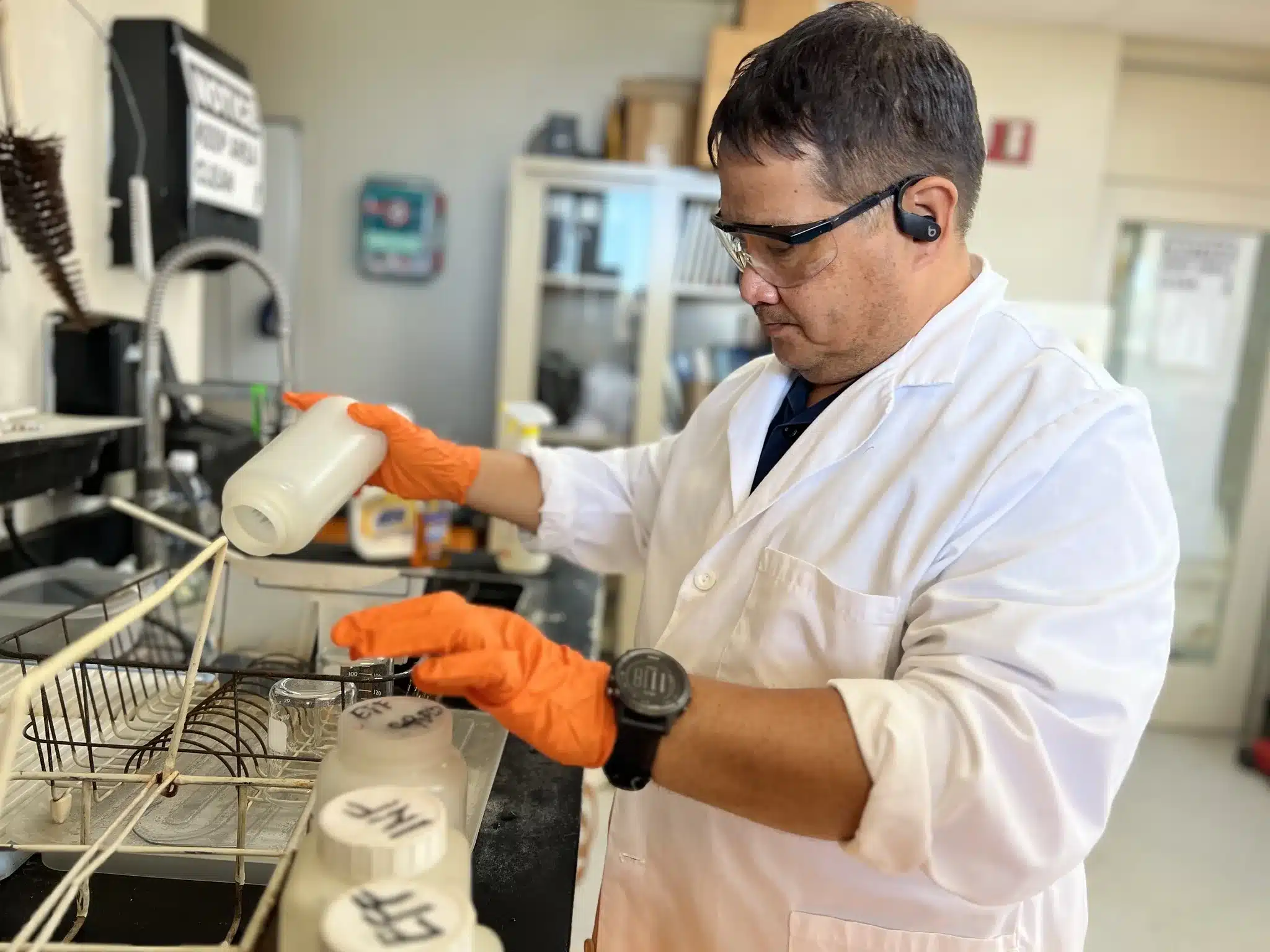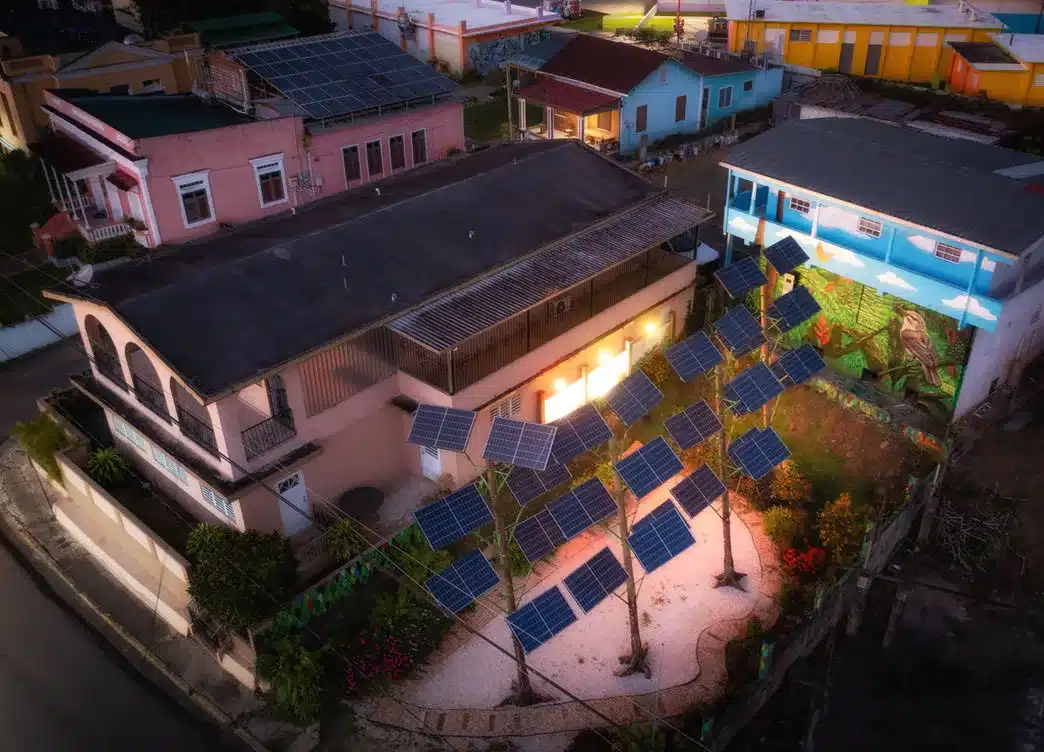Guam has five years to eliminate the amount of PFAS in the territory as part of the Environmental Protection Agency (EPA)’s efforts to reduce PFAS across the states and territories.
PFAS, or per- and poly-fluoroalkyl substances, are a family of chemicals that take thousands of years to break apart in the environment, where it is abundant. It is utilized often in day-to-day life, as the chemicals can repel oil, resist heat, and can be found in cookware, cosmetics, and clothes. These chemicals can build up in one’s body and cause an increase in cholesterol, and certain cancers such as kidney cancer and testicular cancer.
The EPA is setting limits on PFAS, including “enforceable Maximum Contaminant Levels at 4.0 parts per trillion for PFOA and PFOS, individually.” According to EPA Administrator Michael S. Regan, these new limits will prevent about 100 million people from being exposed to PFAS. Utilizing a plan, Regan said, “Our PFAS Strategic Roadmap marshals the full breadth of EPA’s authority and resources to protect people from these harmful forever chemicals.”
Guam plans to use $101.8 million in EPA funding on PFAS testing and treatment to prevent further contamination in tap water, as well as personal wells.
The Guam Waterworks Authority’s Assistant General Manager, Chris Budasi, said “The Guam Waterworks Authority has already started preparing for the new regulations and is evaluating multiple treatment technologies to come in line with new limits.”
Throughout the next five years, Guam will monitor and inform the public about the PFAS levels in their water.
GWA Assistant General Manager Jeanet Babauta Owens added, “The waterworks authority now has the ability to treat PFAS found in the water, but a solution for all 97 water wells GWA operates will be costlier.” The GWA estimates that customers’ monthly bills could be hiked up between 46% and 56% during the treatment length of five years. Brenda Mallory, Chair of the White House Council on Environmental Quality, emphasized, “The first national drinking water standards for PFAS marks a significant step towards delivering on the Biden-Harris Administration’s commitment to advancing environmental justice, protecting communities, and securing clean water for people across the country.”

